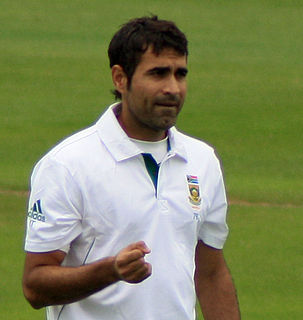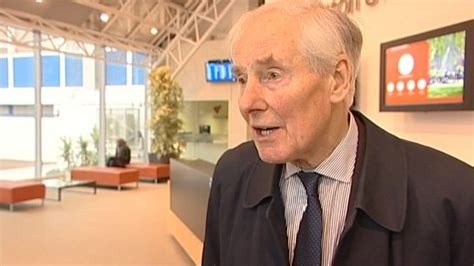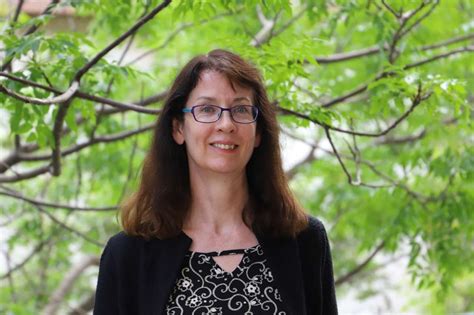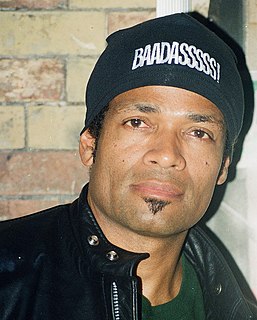A Quote by Steve Inskeep
Karachi captures all of those rifts between ancient and modern, communal and individual. You see them playing out in people's lives.
Related Quotes
Don't watch people's individual performances. Watch the energy that's being passed between them, and then you'll see if the scene is really working or if the actors are really doing their job. If they're playing with the energy that's between them, they're not just acting in their own little bubble.
The underlying struggle - between worlds of plenty and worlds of want; between the modern and the ancient; between those who embrace our teeming, colliding, irksome diversity, while still insisting on a set of values that binds us together, and those who would seek, under whatever flag or slogan or sacred text, a certainty and simplification that justifies cruelty toward those not like us.
Experts in ancient Greek culture say that people back then didn't see their thoughts as belonging to them. When ancient Greeks had a thought, it occurred to them as a god or goddess giving an order. Apollo was telling them to be brave. Athena was telling them to fall in love. Now people hear a commercial for sour cream potato chips and rush out to buy, but now they call this free will. At least the ancient Greeks were being honest.
One of the interesting things about the ancient Greeks is that they really didn't have our conception of individual rights. They didn't have our conception of all lives matters. And it was really was true for them, that certain lives matter a lot more than others. It didn't dawn on them that all lives, although different, can be lives of equal mattering. And that is actually something a huge ethical lesson.
Corporate governance is concerned with holding the balance between economic and social goals and between individual and communal goals. The governance framework is there to encourage the efficient use of resources and equally to require accountability for the stewardship of those resources. The aim is to align as nearly as possible the interests of individuals, corporations and society.
Steve Jobs was not an engineer: He was a brilliant individual with this ability to see around corners, to see things that other people couldn't see. I've learned over the years in the Apple that there are some really talented people who can take the same evidence, the same facts, and look at them and see them in a way that interprets those facts entirely different than most people do.
No advance, no progress can be made beyond these propositions. If anyone wishes to deny their truth or their soundness, the only direction in which he can proceed historically is not forward, but backward toward a time when there was no equality, no rights of the individual, no rule of the people. Those who wish to proceed in that direction cannot lay claim to progress. They are reactionary. Their ideas are not more modern, but more ancient than those of our Revolutionary ancestors.
Just as a moral distinction is drawn between "those at risk" and "those posing a risk", health education routinely draws a distinction between the harm caused by external causes out of the individual's control and that caused by oneself. Lifestyle risk discourse overturns the notion that health hazards in postindustrial society are out of the individual's control. On the contrary, the dominant theme of lifestyle risk discourse is the responsibility of the individual to avoid health risks for the sake of his or her own health as well as the greater good of society.
When young people see movies like 'Gandhi 'or 'JFK,' there is an element of romanticization of these powerful people, and young people often feel a huge distance between their own lives and the lives of these social-change heroes. But the Panthers were flawed-up people from the streets, so it's easier to identify with them.































